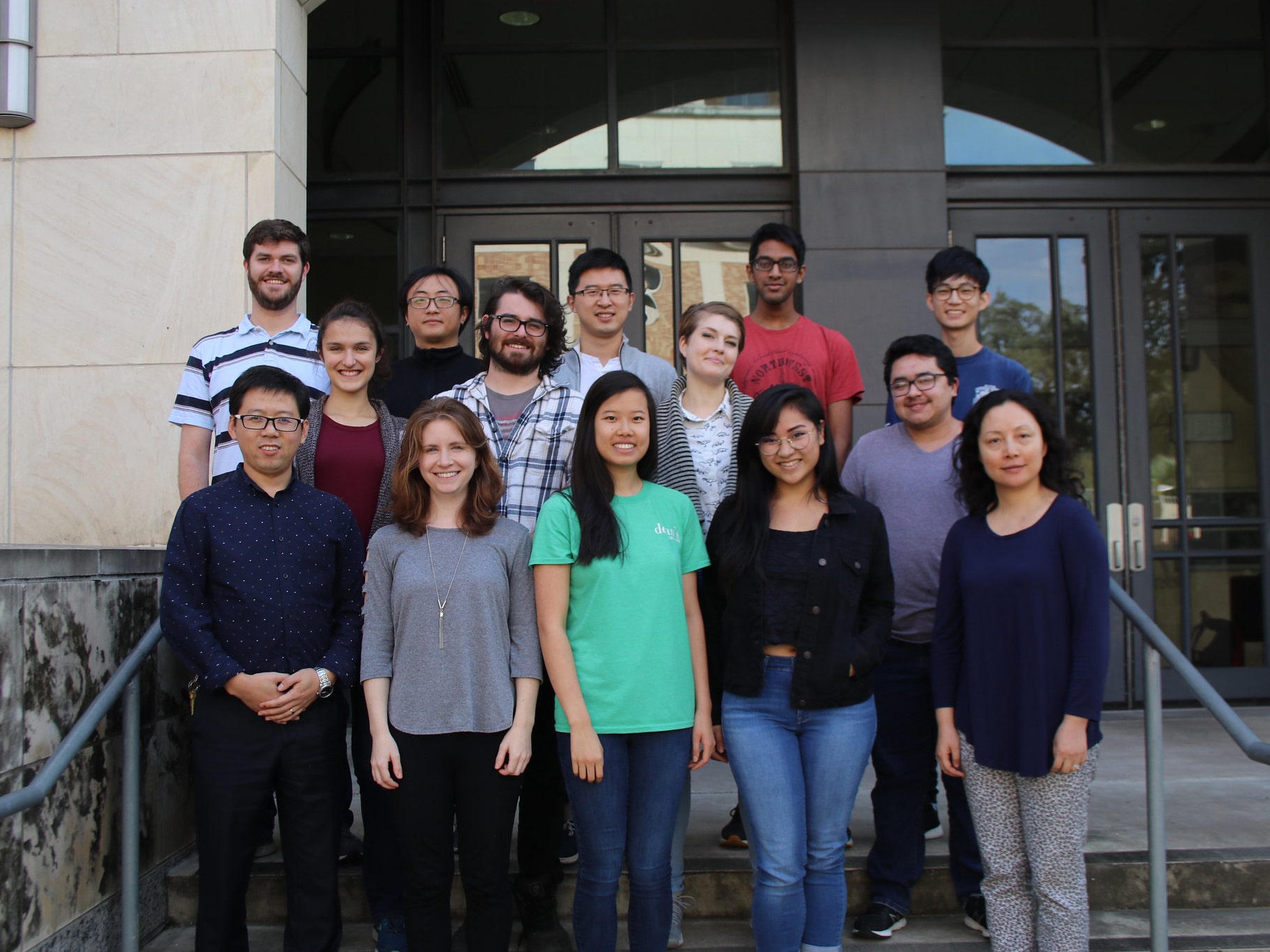Researchers worldwide are racing to develop a vaccine for the novel coronavirus as it spreads rapidly, with hundreds of COVID-19 therapies and vaccine projects in progress. A crucial part of that process is understanding how the virus interacts with the human immune system.
A cross-disciplinary team that includes researchers from the Cockrell School of Engineering aims to develop a vaccine for the widespread coronavirus by focusing on T cells: white blood cells sometimes referred to as the “special forces unit” of the immune system that seek out and destroy cells infected by invading viruses. Jenny Jiang, an associate professor in the Department of Biomedical Engineering and in Dell Medical School’s Department of Oncology, and her research team are using a novel high throughput screening technology they first developed several years ago that significantly speeds up the process of identifying and matching antigens — markers presented by coronavirus proteins and other invaders — and the T cells that can attack them.
Antigens trigger the body’s immune system response. And each T cell can only fight one type of virus. Finding the "target antigens" of COVID-19 and the T cells that match up with them is a crucial part of creating a T cell-based vaccine. But, the sheer numbers of cells and antigens make finding matches a challenge.
"The T cells have to meet their antigen dance partner," Jiang said. "And there are millions of T cells with thousands of antigens to match with."
Associate professor Jenny Jiang's research group.

Jiang's technology can produce hundreds to thousands of antigens in just a few days, something that takes weeks or months to generate with traditional methods. Then, the technology can screen the antigens on thousands of T cells simultaneously. Typically, these tests could only be performed on one T cell at a time.
If the team can find the right matches of antigens and T cells, they could begin developing a vaccine and testing its efficacy within six to eight months. Jiang's lab is working with Greg Ippolito, assistant professor of oncology and molecular biosciences in the College of Natural Sciences; Jason McLellan, associate professor of molecular biosciences in the College of Natural Sciences; Marisa Toups, assistant professor of psychiatry at Dell Medical School; and Marissa Mery, assistant professor of surgery and perioperative care at Dell Medical School.
The team also seeks to answer important questions concerning the coronavirus, such as whether people can develop long-term immunity to the virus and why older populations are more susceptible to it.







